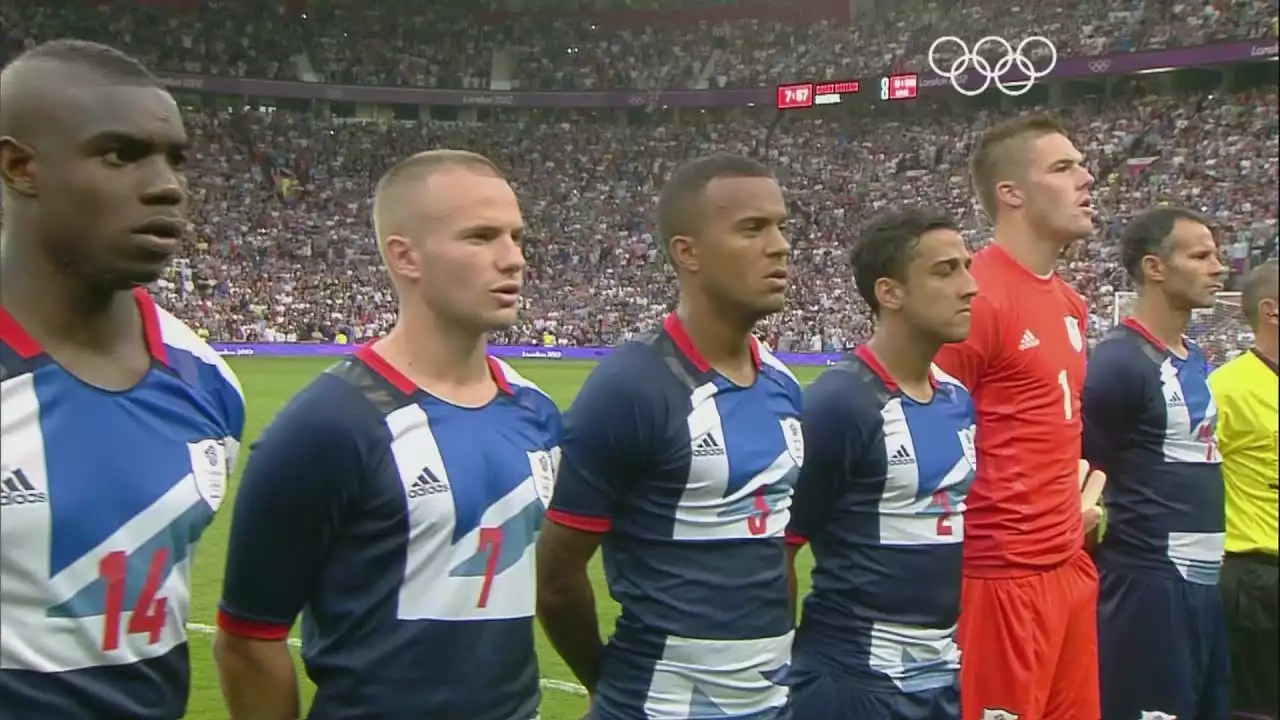Early years of Olympic football
Football made its debut at the Olympic Games in 1900 in Paris, where it was included as a demonstration sport. The tournament featured a mix of amateur and club teams, with Great Britain triumphing over France in the final. This marked the beginning of a long and storied history of football at the Olympics.
The early years of Olympic football were marked by a distinct amateur ethos. Only amateur players were allowed to participate, and many countries sent their national teams, adding a sense of national pride to the competition. However, this amateurism would soon be challenged, leading to the first key moment in the evolution of Olympic football.
The inclusion of professional players
In 1984, the International Olympic Committee (IOC) made a significant decision that would forever change the landscape of Olympic football. They allowed the participation of professional players, lifting the previous restrictions on amateurism. This decision came as football became more commercialized, with clubs investing heavily in player salaries and transfer fees.
The inclusion of professional players brought a new level of skill and talent to the Olympic Games. It allowed some of the world's best footballers to represent their countries on the global stage, elevating the competition to new heights. This move also paved the way for the arrival of women's football at the Olympics, which would have a profound impact on the sport.
The rise of global dominance
As professional players entered the Olympic stage, the level of competition skyrocketed. National teams began assembling squads comprising their top players, turning the tournament into a showcase of global talent. This shift in dynamics led to a rise in dominance by football powerhouses.
Countries like Brazil and Argentina, known for their footballing prowess, started to dominate the Olympic football landscape. Their success at the Olympics showcased their formidable talent and helped establish their reputation as footballing giants. This era of global dominance marked another key moment in the evolution of Olympic football.
Key moments that revolutionized Olympic football
Within the realm of global dominance, several key moments stand out in Olympic football history. The first is the arrival of women's football at the 1996 Atlanta Olympic Games. This marked a significant step forward for gender equality in the sport and brought attention to the incredible skill and athleticism of female footballers.
Another pivotal moment came in 2008, when the Beijing Olympic Games witnessed one of the most memorable clashes in Olympic football history. Argentina and Brazil faced off in the final, with Argentina emerging as the victors. This intense and fiercely contested match showcased the passion and talent that Olympic football has to offer.
In recent years, the impact of technology on Olympic football has been another game-changer. The introduction of goal-line technology and video assistant referees (VAR) has brought increased accuracy and fairness to the competition. These technological advancements have revolutionized the way decisions are made on the pitch, minimizing controversies and enhancing the overall quality of the game.
The impact of technology on Olympic football
The introduction of goal-line technology in 2012 was a watershed moment for Olympic football. This technology uses cameras and sensors to determine whether a ball has crossed the goal line, providing instant and accurate decisions. The implementation of goal-line technology has greatly reduced errors and controversies, ensuring fair outcomes in crucial moments of the game.
Similarly, the introduction of VAR in 2016 has had a profound impact on Olympic football. VAR allows referees to review decisions using video footage, ensuring that any potential errors are corrected. This has led to more accurate offside calls, penalty decisions, and disciplinary actions. The use of VAR in Olympic football has brought a new level of transparency and fairness to the competition.
Olympic football legends and their contributions
Throughout the history of Olympic football, numerous legends have left an indelible mark on the sport. Players like Pelé, Diego Maradona, and Lionel Messi have graced the Olympic stage and showcased their immense talent. These players not only achieved success at the Olympics but also went on to have illustrious careers at the club and international levels.
Their contributions to Olympic football have not only elevated the competition but also inspired generations of aspiring footballers. The performances of these legends have become part of football folklore, immortalizing their names in the annals of the sport.
The future of Olympic football
As we look to the future, Olympic football continues to evolve and adapt to the changing landscape of the game. With advancements in technology and a growing emphasis on inclusivity, the sport is set to reach new heights.
The Tokyo Olympic Games in 2021 showcased the continued growth of women's football, with teams from around the world competing at the highest level. This increased visibility and support for women's football at the Olympics bodes well for the future of the sport, promising more opportunities and recognition for female athletes.
Additionally, the continued integration of technology, such as VAR, will further enhance the fairness and accuracy of decision-making in Olympic football. As the sport becomes more globalized, we can expect to see new football powerhouses emerge, challenging the traditional dominance of certain nations.
The evolution of Olympic football from amateurism to global dominance has been shaped by significant key moments. The inclusion of professional players, the rise of global dominance, the impact of technology, and the contributions of football legends have all played a part in revolutionizing the sport. As we look ahead, the future of Olympic football holds great promise, with continued growth, inclusivity, and exciting opportunities for both players and fans alike.









